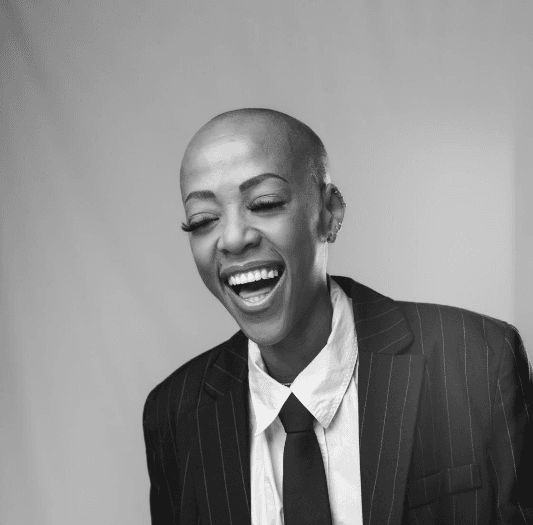Childhood experiences have a profound impact on the adults we become. Often, our trauma becomes an ingrained part of our reality, serving as the lens through which we view ourselves, others and life in general.
In his memoir Patient 12A, Lesedi Molefi reflects on his time spent at a psychiatric centre in 2016 and the events that led him there. The Soweto-born author and documentary filmmaker brutally yet poetically documents his personal history and highlights how mental illness remains a difficult conversation in black families.
Mental illness – an injury to the soul
Speaking at his book launch which took place at Exclusive Books Rosebank, the author shared how his trauma had become a close companion. In the 21 days spent in a psychiatric centre, he became aware of just how much he needed to heal.
“It’s so easy to become used to the pain and to grate your teeth through it. My plan was to be there for only seven days. I didn’t really know how much healing I needed. Until I went through it, I had no idea how miserable I was,” he said.
Molefi further highlighted the difference between mental health and mental illness. He expressed how mental health is often easily euphemised and given good PR. Mental illness, on the other hand, remains a challenging topic in most black families.
“Mental illness is not as easy to talk about. It’s an injury to the psyche. You’re quite literally sick in your soul.”
In sharing his journey, the author has had to be vulnerable and bravely face his truth. As such, his path of radical acceptance has also been one of radical honesty.

A mother’s love
Molefi’s late mother is also a central character in the book. With the turning of every page, the reader is able to see her full human nature.
The beautiful and intentional use of words is employed in the memoir to paint a picture of his mother’s deep love, as well as the complicated feelings that existed in their relationship.
“It has taken me a long time to work through my own complicated feelings about my mom. I struggled to accept that I was angry at her.
As you get older, you do get into those conflicts with your parents. But again, as you get older, you start to understand them a whole lot better.
I’ve grown to understand her far better since then,” said Molefi to the audience.
With his book launch hosted on his mother’s heavenly birthday, Molefi is certain that he could not have written about her in any better way. After all, she was a woman who valued honesty.
“My mom would have been really upset if I didn’t write a thorough account of her in all of her truth, because even her conflicts were about her truth. She wanted to be heard. She wanted what was being ignored to be fully acknowledged.”
Ultimately, in exploring various themes including family, conflict and love, Molefi acknowledges the trauma which many ordinary South Africans carry. Most importantly, he displays the importance of forgiving ourselves and others, as well as journeying towards healing.






No Comments